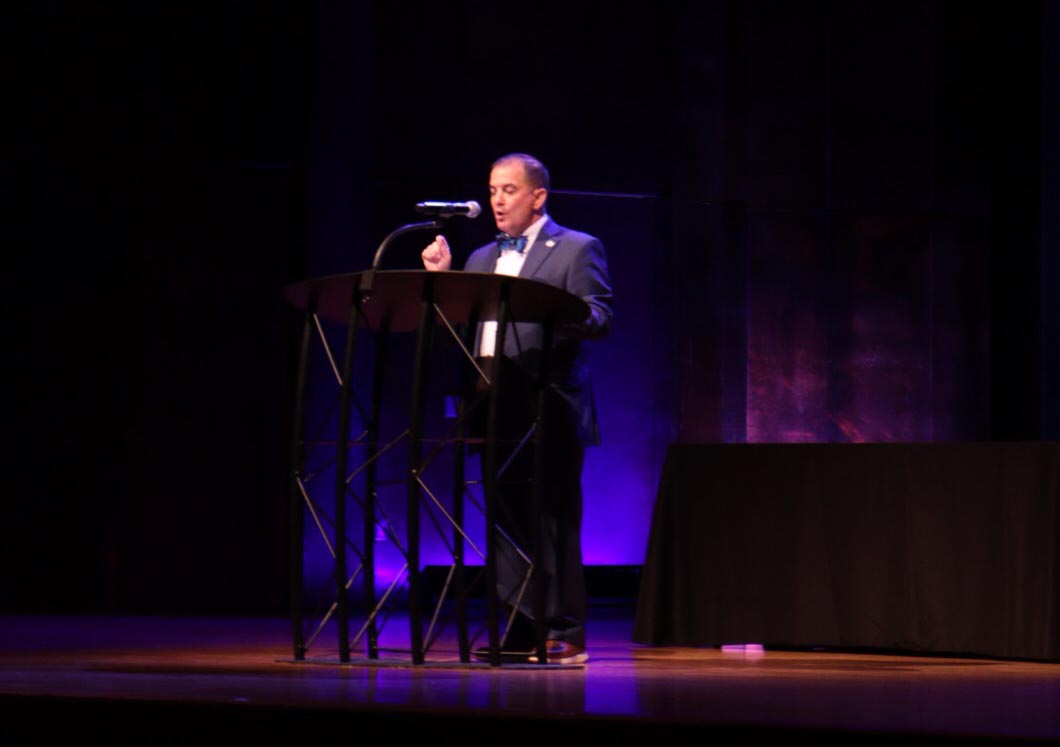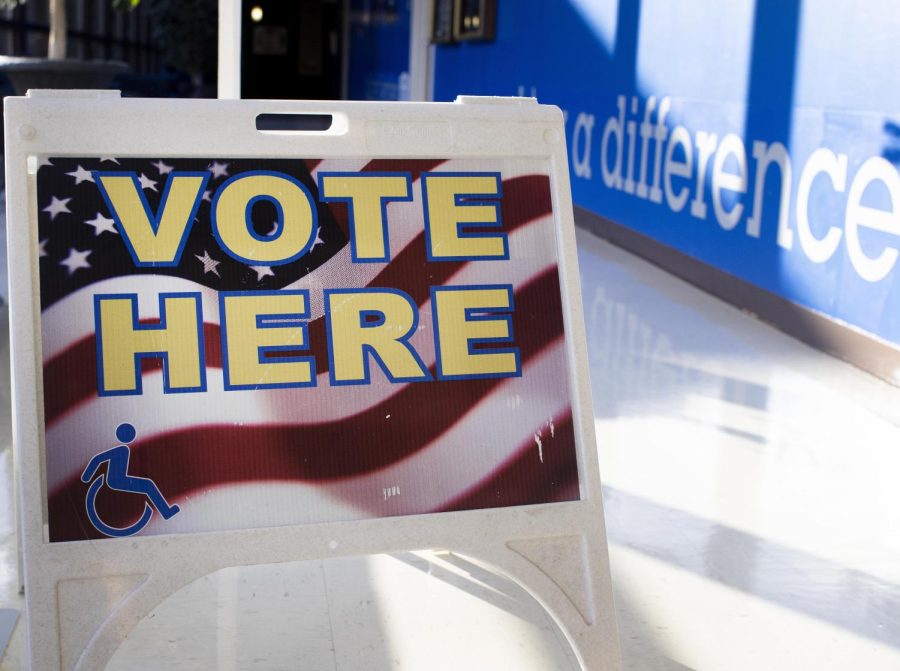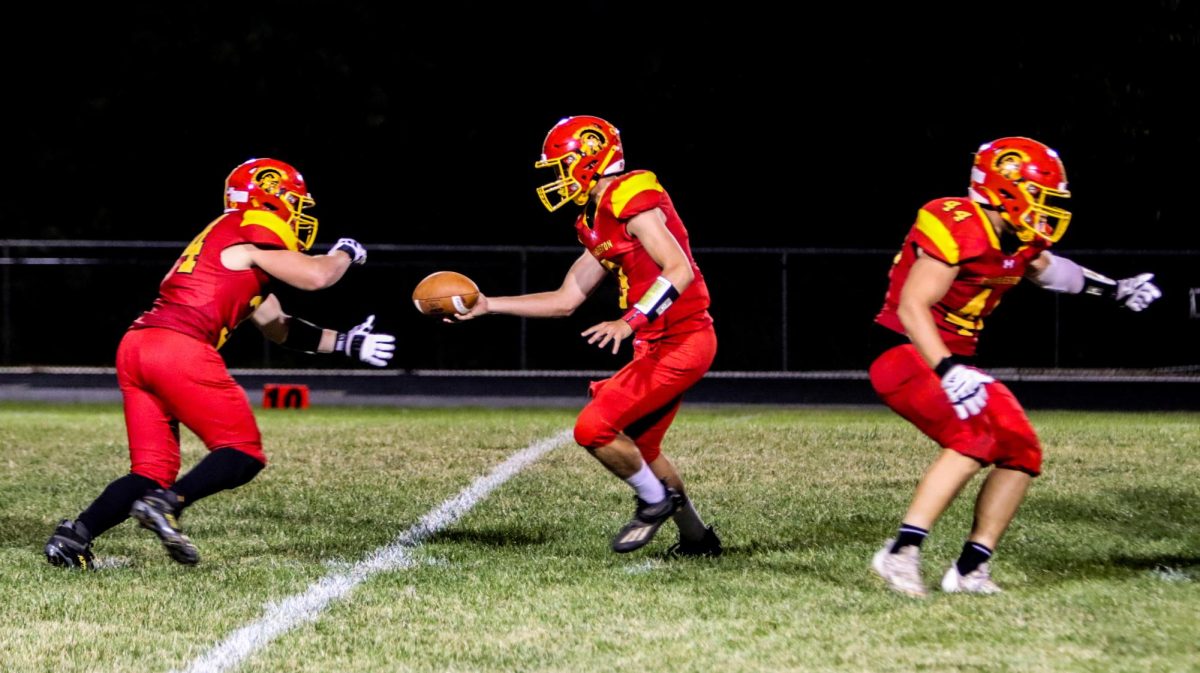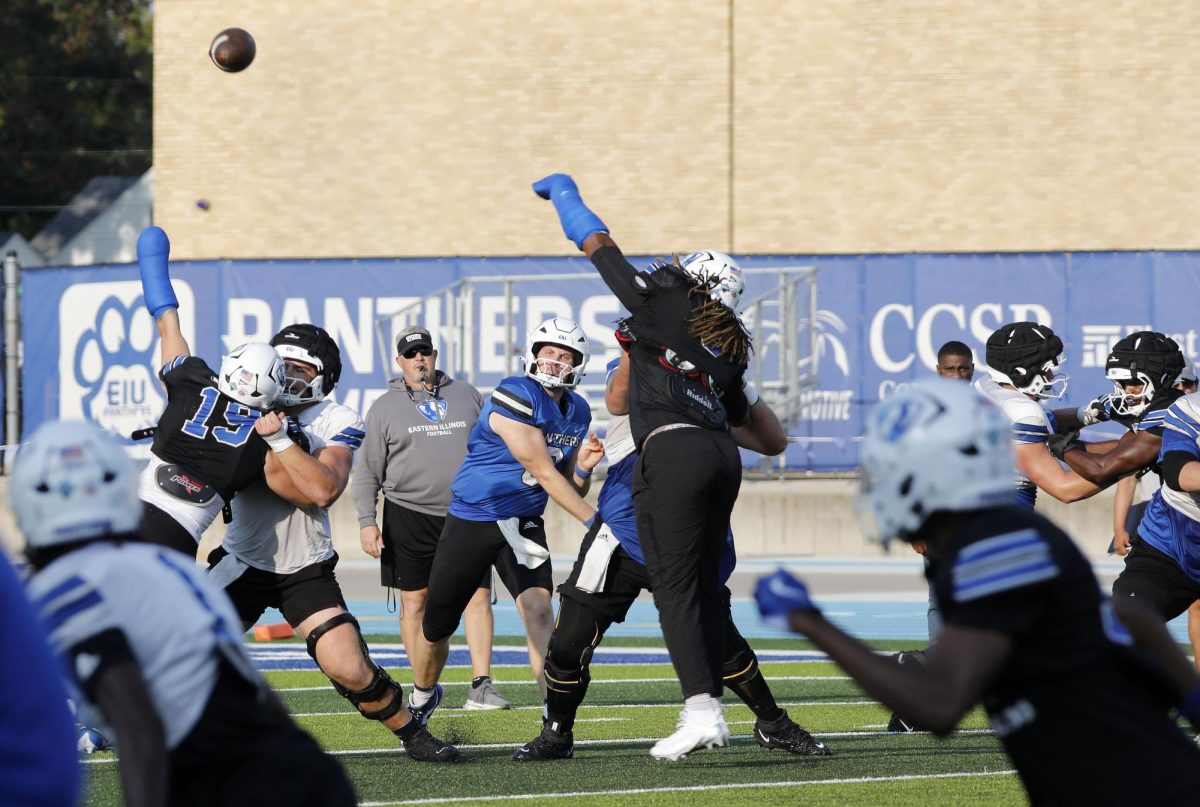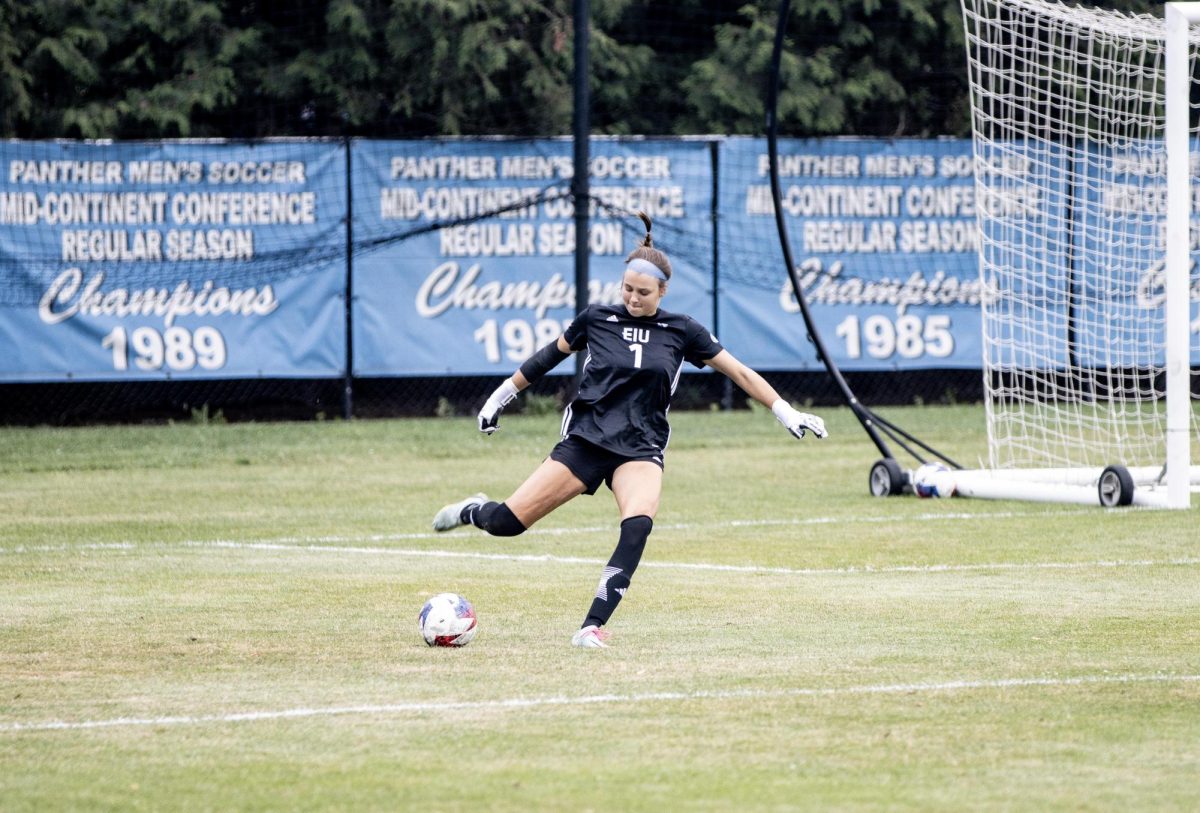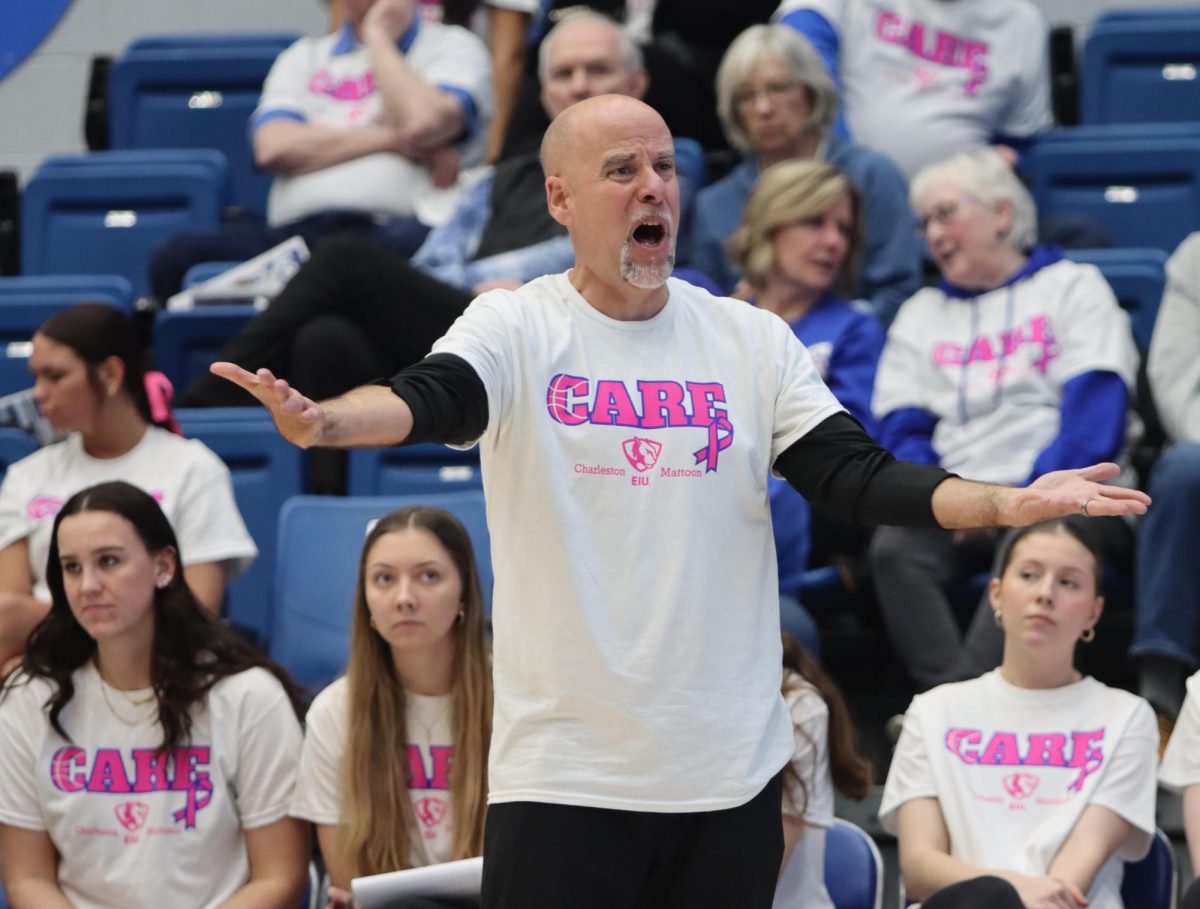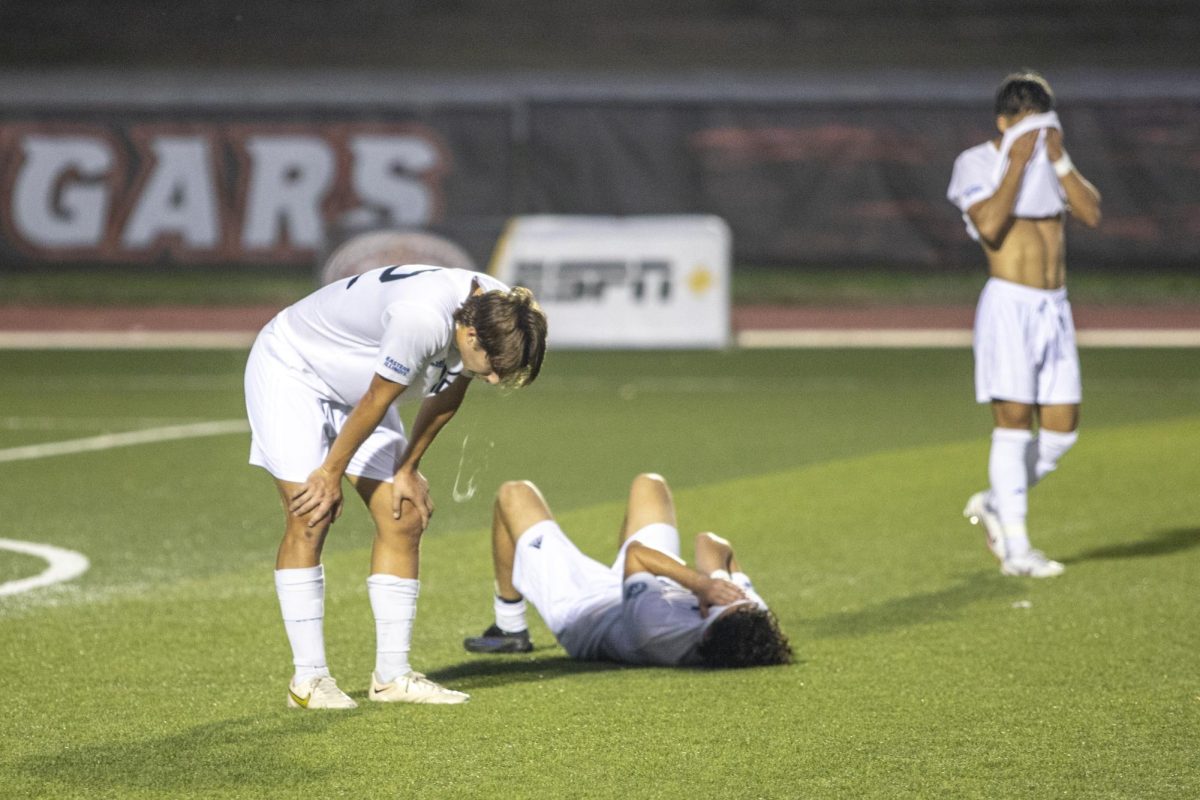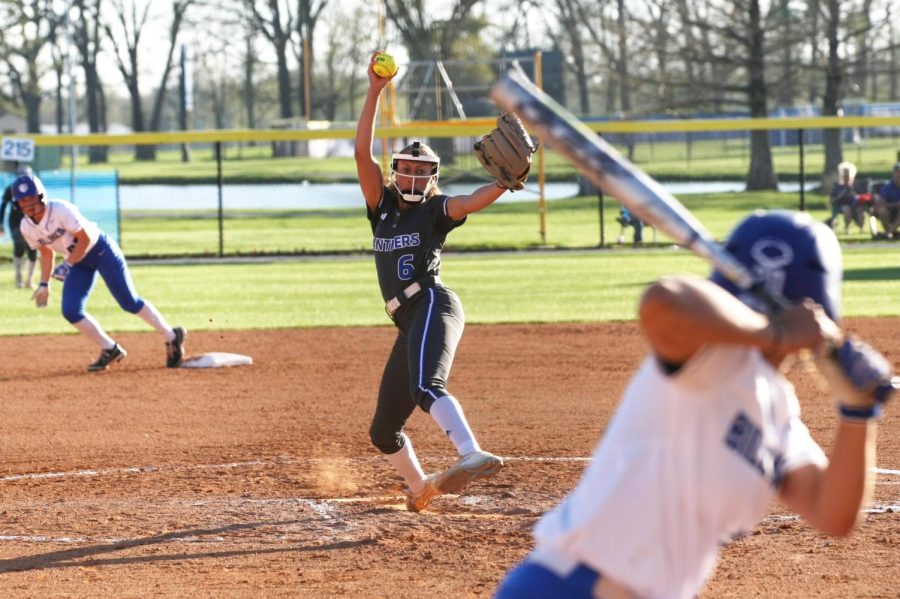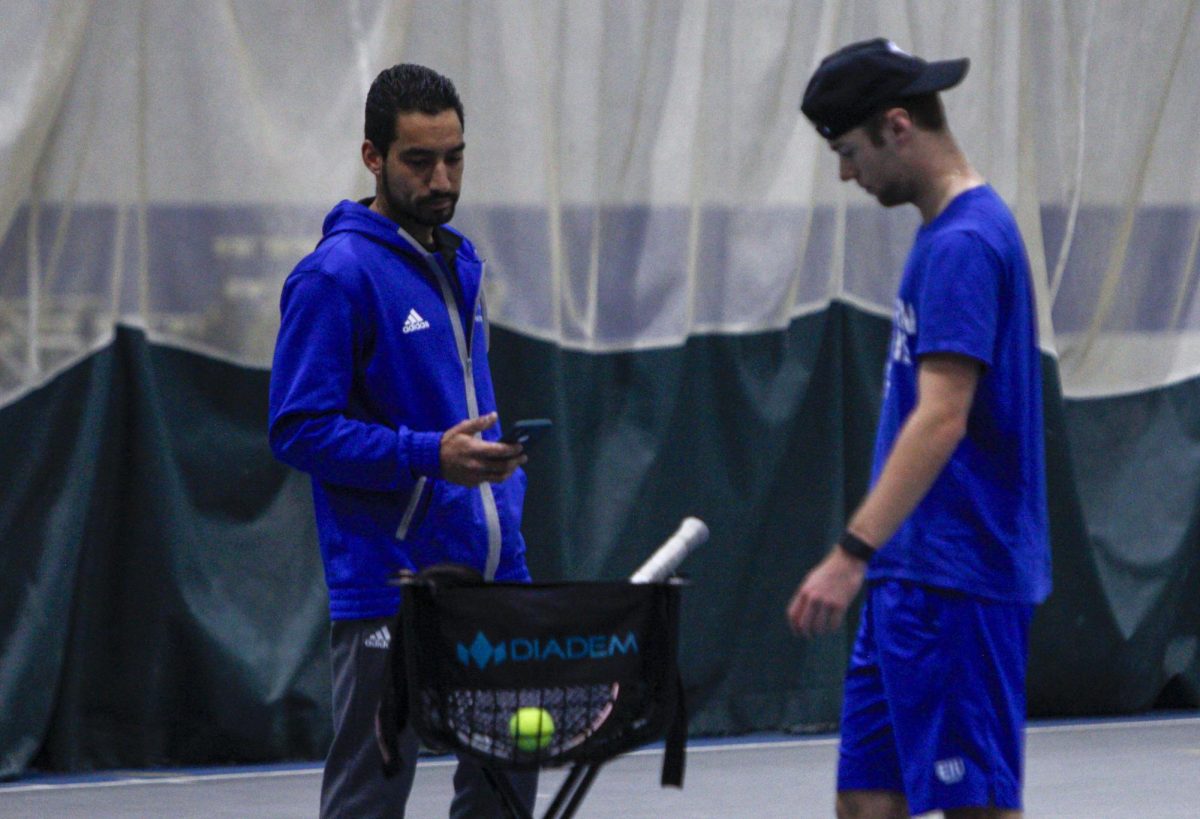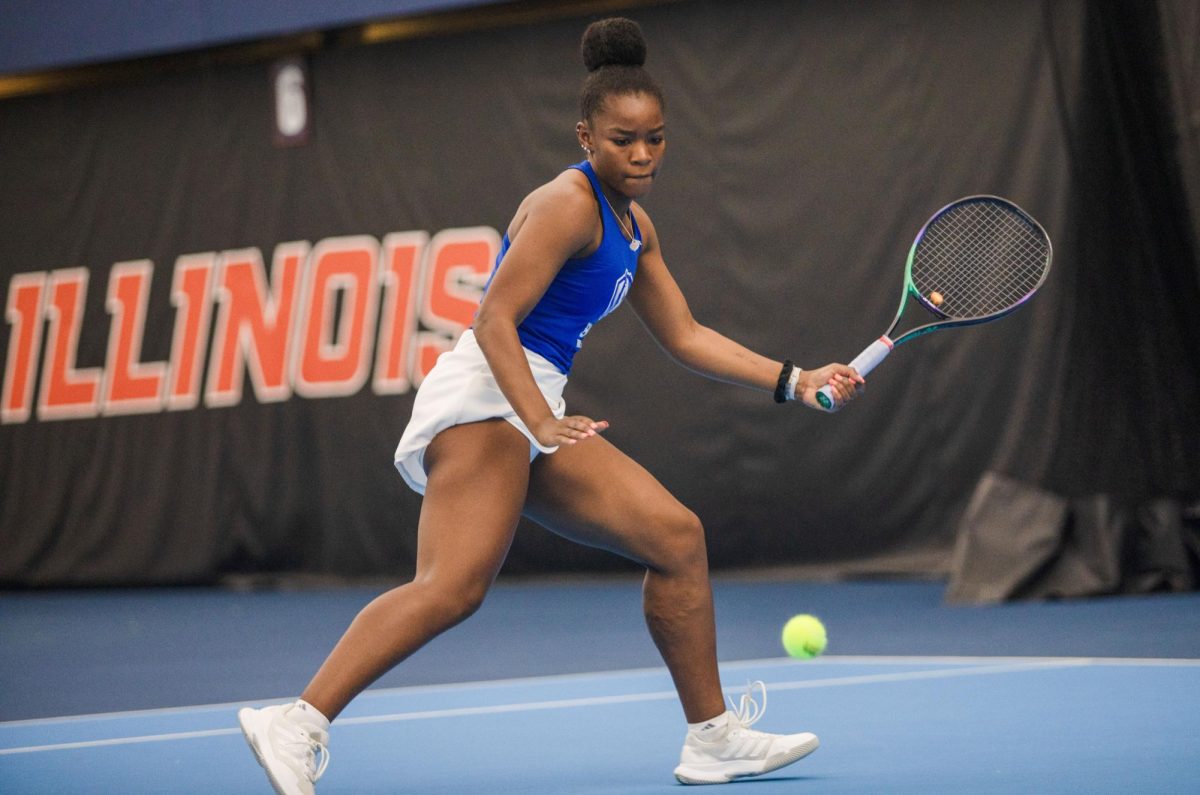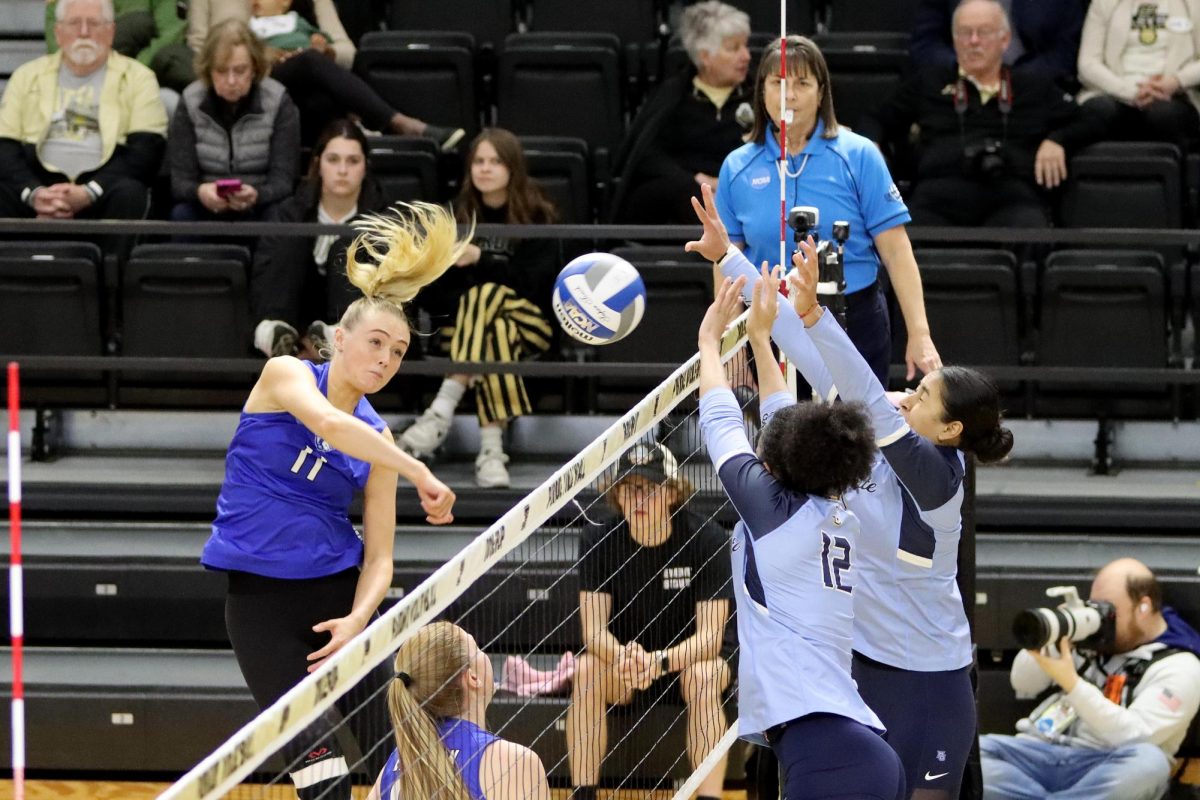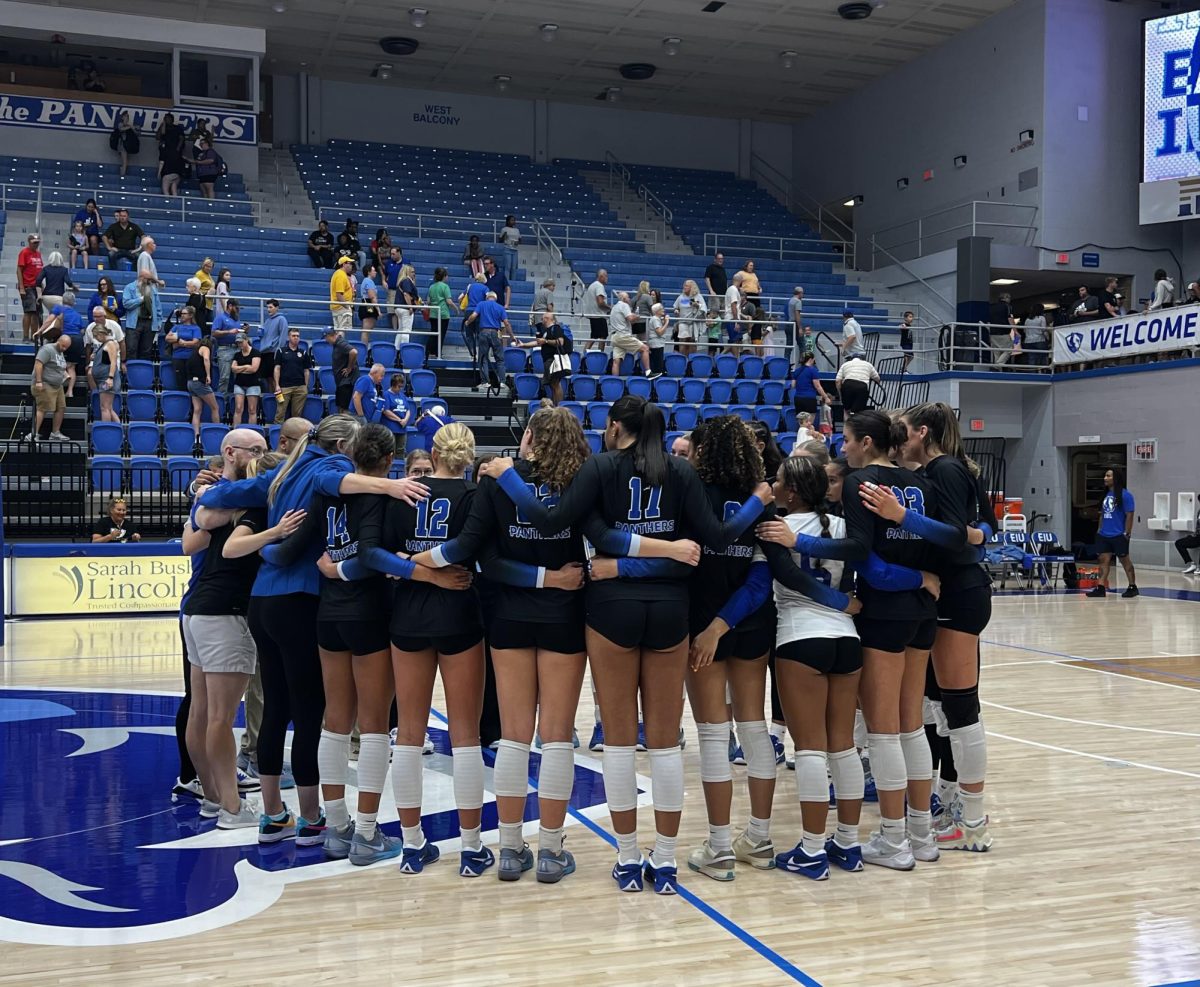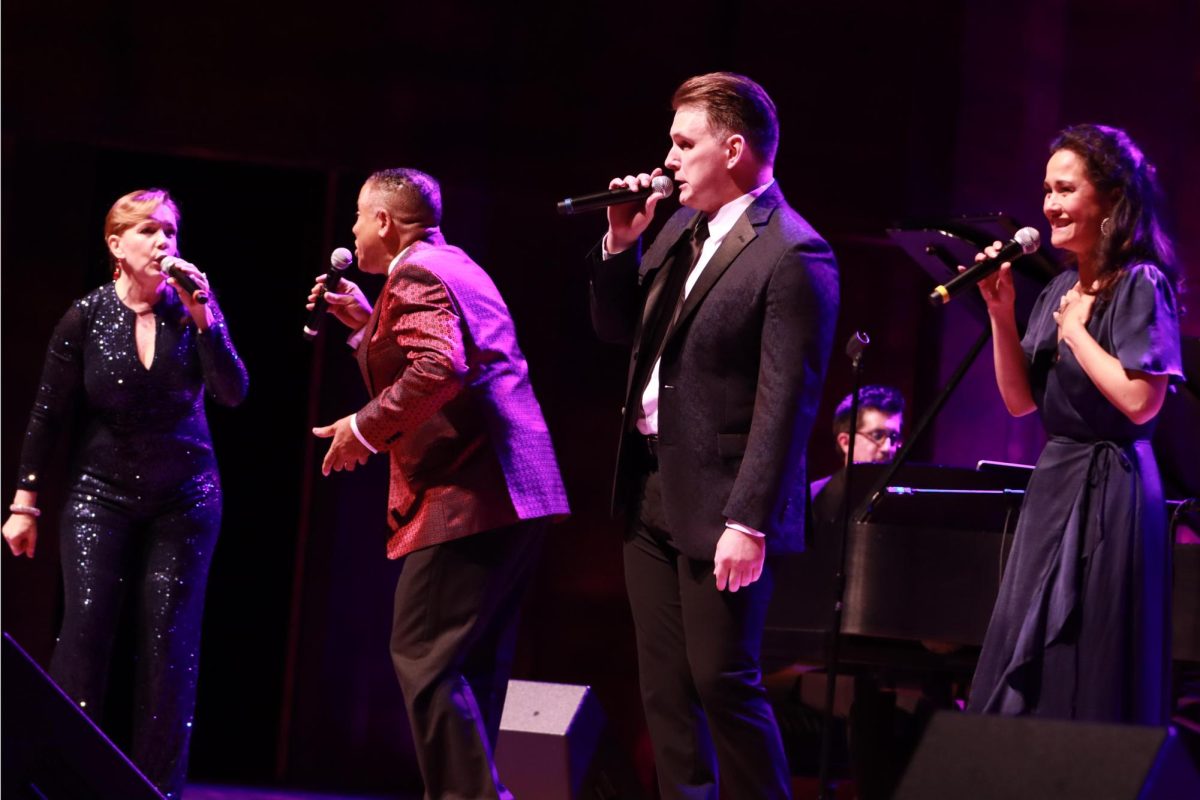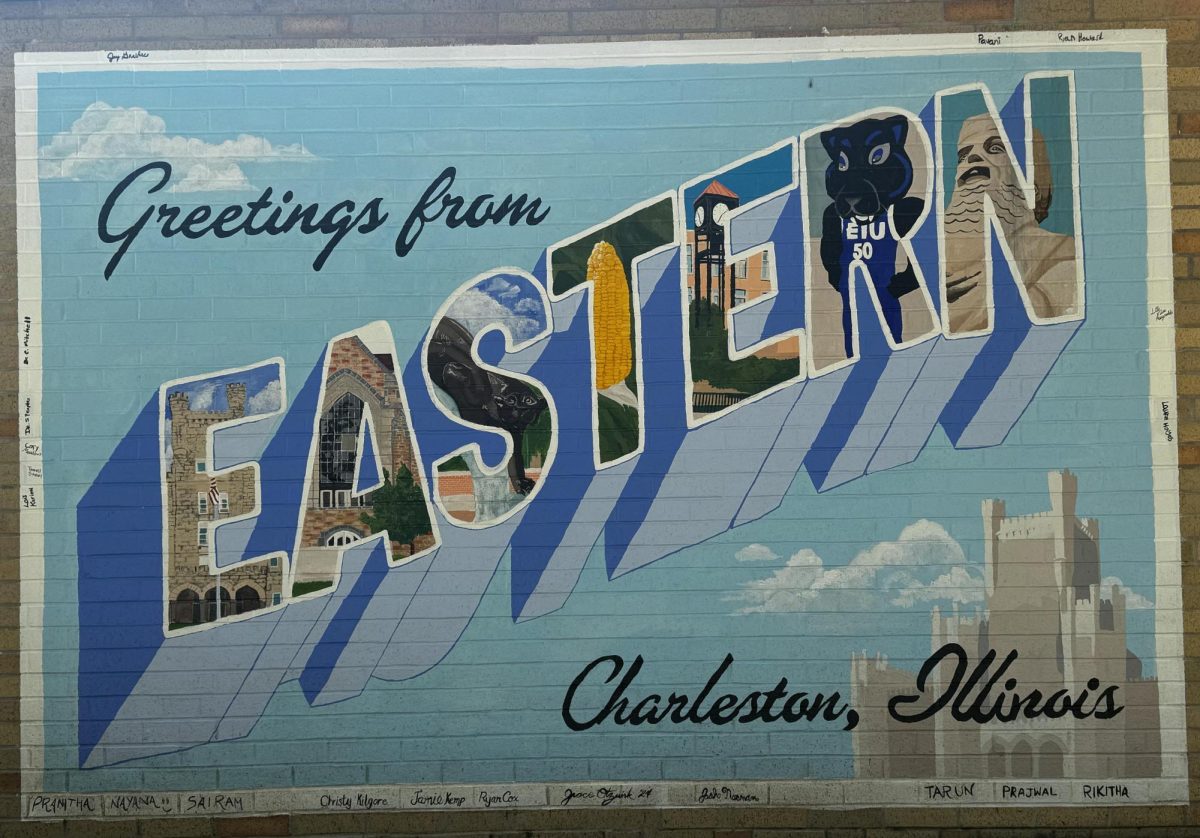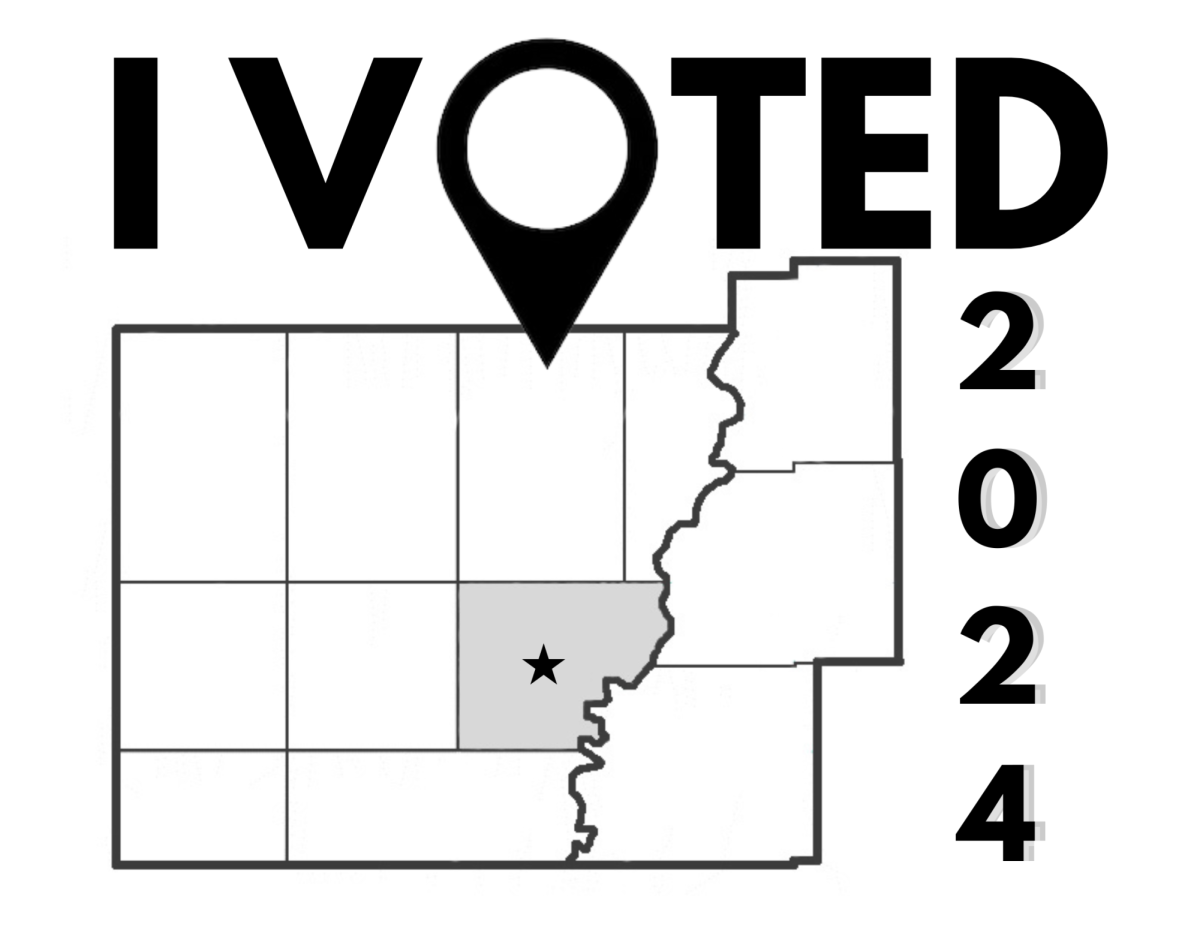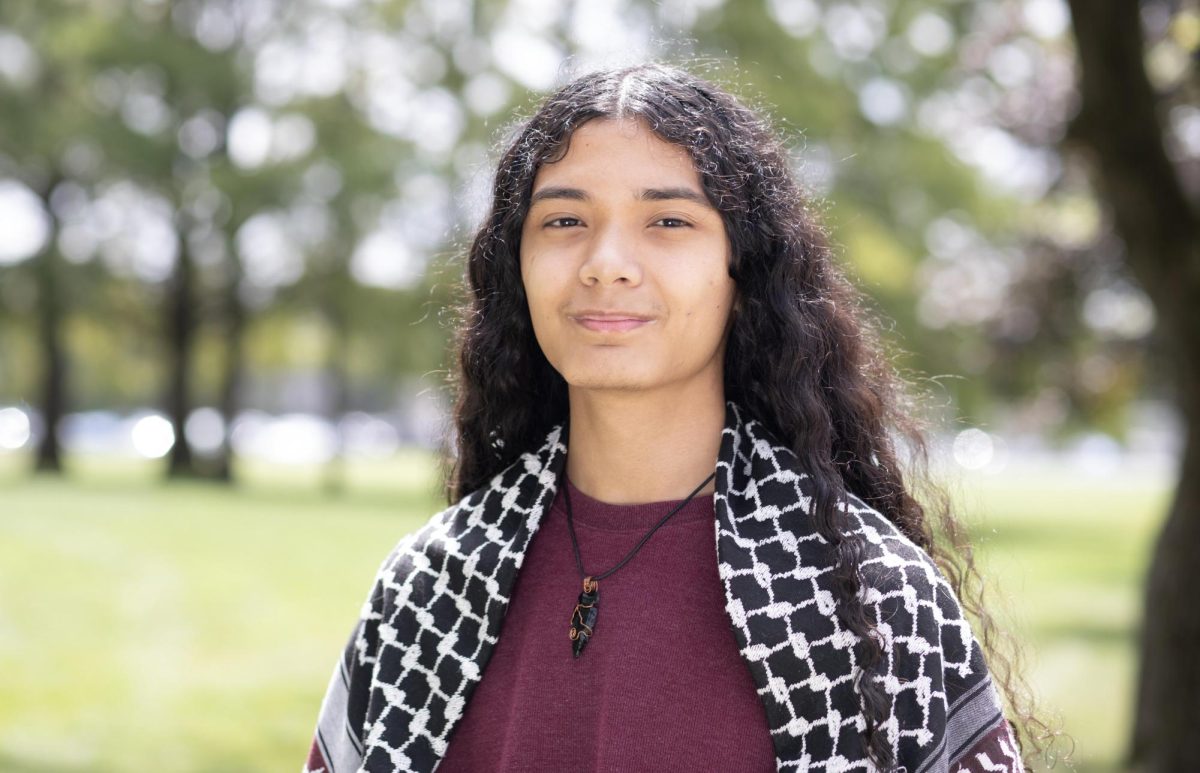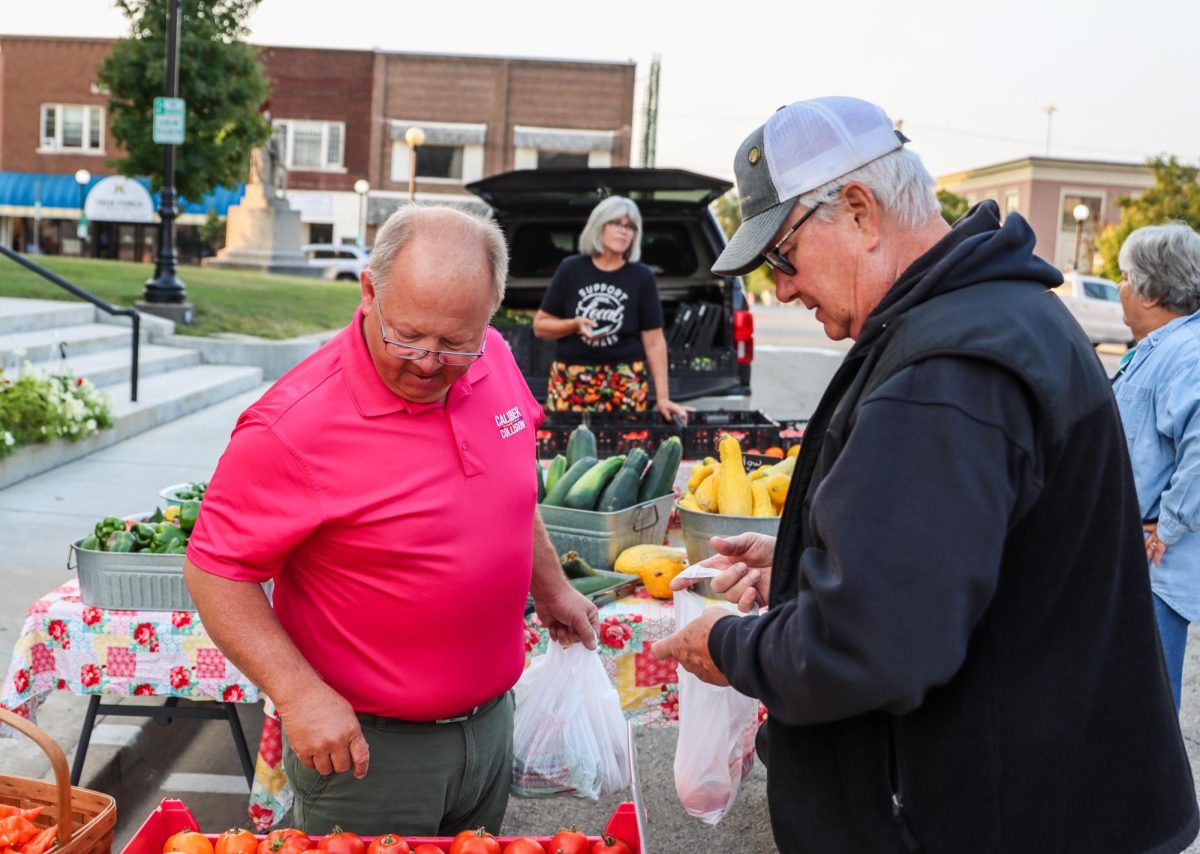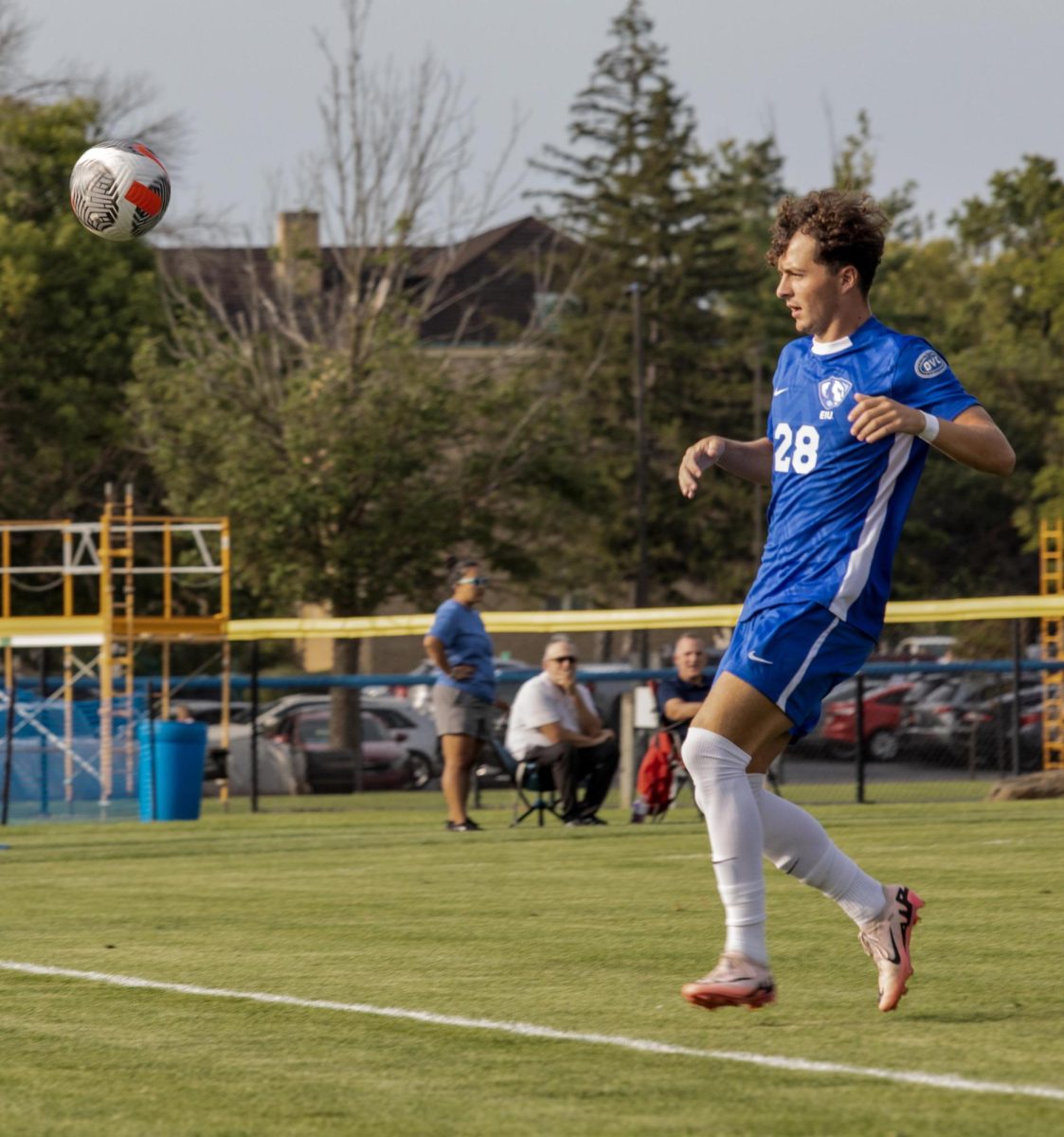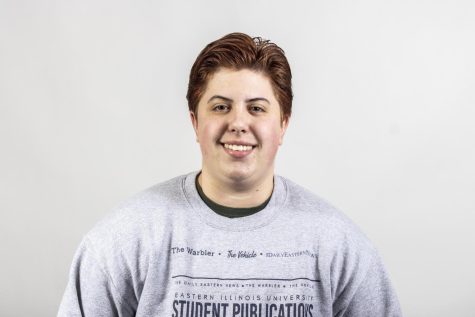Panel held Thursday to discuss racism on campus
December 4, 2020
Making Excellence Inclusive held a virtual panel on Thursday for Eastern students and faculty to discuss issues of racism on campus and the actions being taken to prevent further problems.
“Race Matters at EIU – Voices from the Yard” was organized in response to student requests to talk about events that occurred in the Spring 2020 semester, as well as individual experiences with racial inequity both on and off campus.
The discussion was moderated by Tim Abel, who began by encouraging attendees to be mindful of each other’s time and make sure that everyone’s thoughts could be heard.
While this was an open conversation, the official panelists were Starr Smith, Morgan Colvin, Keshyra Bluminberg, Marcus Powell, and Maria Cruz, all students at Eastern who volunteered to participate.
Marcus Powell, a senior political science major, was one of the first students to talk about his experience as a person of color on campus.
“I feel like as a student, when I was telling faculty about racism I experienced, they would just ignore it,” Powell said. “It seems like the school only listens to things when they are publicly known which is a huge problem in our school’s society.”
Maria Cruz, an interpersonal communication major, corroborated his story with what she remembers from her perspective as a Latinx student.
“I think it was last year or two years ago during Pantherpalooza, one organization had signs up that said like ‘Build the Wall’ that made Latinx students uncomfortable,” Cruz said. “I think that made me aware that a lot of people at EIU aren’t aware of how these things affect people and in Charleston a lot of residents don’t know that some students are DACA recipients.”
Cruz explained that the signs made her and her peers especially uncomfortable as they followed remarks made by President Trump about immigrants from Mexico.
She said that her reasons to be upset were very personal.
“I have a sister who is a DACA recipient. She is not a criminal,” Cruz said. “She has a job because she is a DACA recipient, and I feel like a lot of people don’t know about how much it helped.”
Morgan Colvin, a graduate student studying public policy, and Keshyra Bluminberg, a senior English education major, discussed the actions they took toward having a Black Lives Matter flag raised on campus. Their discussions with faculty led to the installment of the “We are EIU” flagpole.
Powell acknowledged their efforts but said that he felt that Eastern needs to take further steps.
“I feel like the campus could do a lot more,” Powell said. “They need to educate students and even higher ups about what is happening in today’s society so they can project that image to other students as well.”
The moderator, Tim Abel, pointed out that the students themselves are often the ones to initiate change on campus.
“As students in a student body, you have power to start those discussions and have those changes,” Abel said.
Bluminberg said that in her experience, students are nervous to partake in activism even when they care about an issue. A lot of people were willing to sign petitions in support of putting up a flag on campus, but didn’t want to talk to faculty about it, she said.
“Talking to those students afterward, they were scared. They didn’t want any backlash from the community, any violence,” Bluminberg said. “A lot of people are afraid to be uncomfortable, but change can’t happen unless we are uncomfortable. It’s those uncomfortable topics that need to be discussed more than anything else. It’s up to us to speak up, despite the opinions and the backlash.”
Carole Collins Ayanlaja, an assistant professor in the department of educational leadership, said that her fellow faculty members should pay attention to student activists.
“It’s incredibly important to recognize that we as adults are in a continuously learning role. That’s what educated people do, they keep learning,” Ayanlaja said. “Sometimes we need to take a seat and learn from our students, to be schooled by the younger people. I encourage my colleagues to be learners from this generation of leaders, just as we taught in the 70s and 80s.”
Ayalanja said that she was an anti-Apartheid activist when she was younger, and that her views were considered “edgy” at the time.
Catherine Polydore, the assistant dean of the Honors college, said that her time as a professor has made her more vocal about racism on campus.
“I have experienced what I consider racism from a student in my first year as a faculty member. At the time, I felt as if I couldn’t say anything or do anything. Because I was new, I didn’t want to ruffle any feathers,” Polydore said. “As I progressed, I realized there are students of color having to look at me for that activism. I had to put aside my fear of consequences.”
One of the last subjects touched on during the event was a recent issue that arose when a police officer wore a “blue lives matter” face mask on campus.
“That hurts me as a Black man, knowing that the police have brutalized my brothers and sisters throughout our history. Saying ‘Black lives matter’ doesn’t mean that nobody else’s lives matter, it means that we have gone unnoticed for so long and we are bringing our issues to your attention,” Powell said. “If I call the police, I’m in a situation where I feel afraid. You may be a good cop, but you’re supporting a system that has brutalized me.”
Luke Taylor can be reached at 581-2812 or at egtaylor@eiu.edu.




